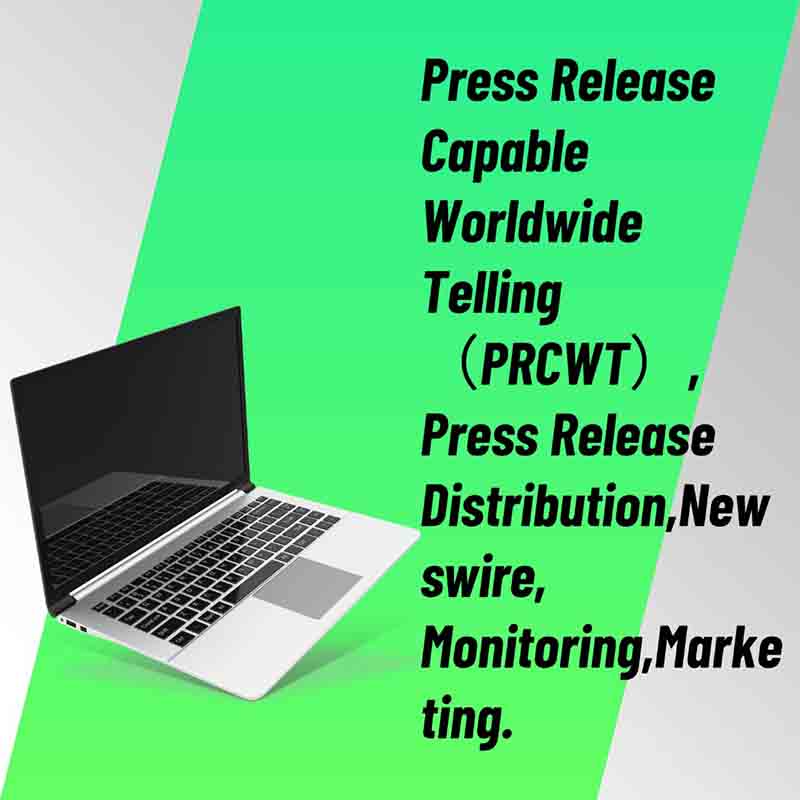In the world of language, words often carry nuances and differences. One such pair is "able" and "capable". What exactly are the distinctions between them?
The word "able" typically implies having the physical or mental capacity to do something. It suggests a potential or a likelihood of being able to perform a task. For example, "He is able to swim." Here, it emphasizes the individual's inherent ability to swim.

While "able" focuses on the actual possession of the skill or capacity, "capable" often implies a broader range of capabilities or the ability to handle various situations. It can suggest a certain level of competence or proficiency. For instance, "She is a capable manager." This indicates that she has the skills and qualities to manage effectively.

Another difference lies in their usage. "Able" is often used in more general or specific contexts, while "capable" can be used in a more formal or technical sense. Additionally, "able" is more commonly used in everyday speech, while "capable" may be preferred in written or professional settings.
When using "able", we might say "I am able to finish the work on time." Here, it emphasizes the individual's personal ability. On the other hand, "capable" could be used as in "The team is capable of achieving great results." This highlights the collective capabilities of the team.

"Capable" and "competent" are similar in meaning but have some细微 differences. "Capable" emphasizes the potential or the ability to do something, while "competent" focuses more on having the necessary skills and knowledge to perform a task competently. For example, "He is a competent doctor." This indicates that he has the required medical knowledge and skills.